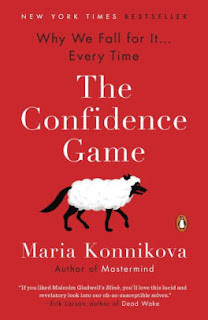
About the book, from the publisher:
Caught in a pincer movement between the sudden death of Evelyn (her favourite aunt) and the Corona virus, Ascher Lieb finds herself unexpectedly locked down in her aunt's retirement community with only Evelyn's grief-stricken dog Freddie for company.Visit Jo Perry's website.
As the world tumbles down into a pandemic shaped rabbit-hole Ascher is wracked with guilt that her aunt was buried without the Jewish burial rights of purification.
In order to atone for this dereliction of familial duty, Ascher - in her own words 'a profane, unobservant, atheist Jew, frequent liar and grieving loser' -volunteers to become the newest member of Valley Haverim Chevra Kadisha, a Jewish burial society on-call twenty-four-seven during lockdown and performing Mitzvot at no cost to the bereaved.
What follows is a journey through the insanity of lockdown in Los Angeles as Ascher attempts to bring peace to a troubled soul, and perhaps in the end redemption for herself.
In the hands of a lesser-writer a novel set in the time of covid could lead to a cliché ridden trope-fest, but instead with the skill and grace we've come to expect from Jo Perry she has delivered a book that is wise and beautiful and uplifting.
Coffee with a Canine: Jo Perry & Lola and Lucy.
My Book, The Movie: Dead is Better.
The Page 69 Test: Dead is Better.
My Book, The Movie: Dead is Best.
The Page 69 Test: Dead is Best.
My Book, The Movie: Dead Is Good.
The Page 69 Test: Dead Is Good.
The Page 69 Test: Dead is Beautiful.
My Book, The Movie: Dead is Beautiful.
Writers Read: Jo Perry (February 2019).
My Book, The Movie: Pure.
Q&A with Jo Perry.
The Page 69 Test: Pure.
--Marshal Zeringue















































